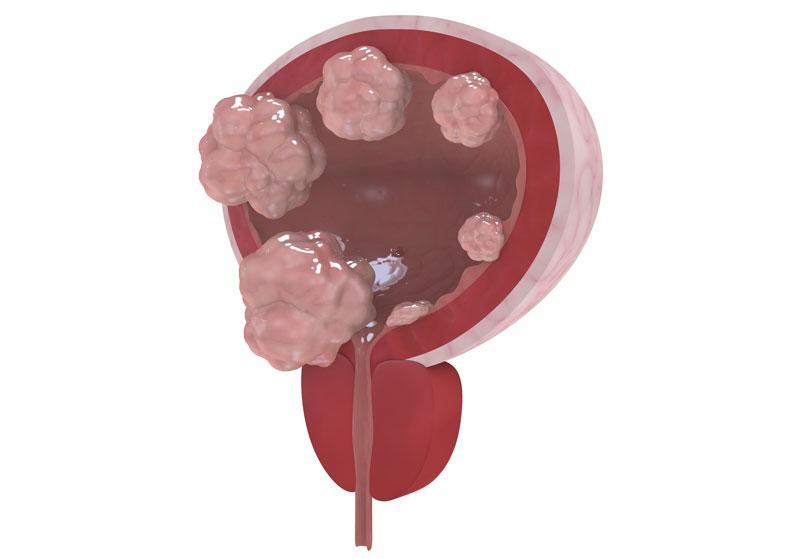
Inhibitors against programmed death-1 (PD-1) and programmed death ligand-1 (PD-L1) provide comparable survival benefits in patients with platinum-resistant metastatic urothelial cancer (mUC), reports a recent meta-analysis.
Accessing the databases of Pubmed, Medline, Scopus and the Cochrane Register for Controlled trials, researchers retrieved phase I, II and III clinical trials that investigated the efficacy of anti-PD-1 or anti-PD-L1 antibodies for platinum-resistant mUC. A total of six clinical trials fulfilled eligibility criteria, comprising 1,315 patients treated with PD-1/PD-L1 and 736 who received chemotherapy.
The overall likelihood of survival in patients treated by PD-1/PD-L1 blockade at 6 months was 62 percent. This dropped to 42 percent at 12 months and to 31 percent at 18 months. The restricted mean survival times (RMST) at these timepoints were 4.8, 7.8 and 10 months, respectively.
Two of the included randomized trials compared PD-1 against PD-L1 and was included in a network meta-analysis. Researchers found that RMST at 18 months was statistically comparable between the two treatments (1 month, 95 percent confidence interval [CI], –0.5 to 2.3).
Using reconstructed data from three trials exploring PD-1 blockade (n=613) vs that of three other trials of PD-L1 blockade (n=702), researchers further confirmed the comparable benefits of both treatments. RMST at 12 months of follow-up was 7.8 months for both, which then increased to 10.1 and 10 months, respectively, at 18 months of follow-up.
“We acknowledge that there could be subtle differences among different drugs within the therapeutic subclasses of PD-1 and PD-L1 inhibitors, but we were unable to address such potential differences with the available data,” said researchers. This may have implications in the future design of clinical trials.